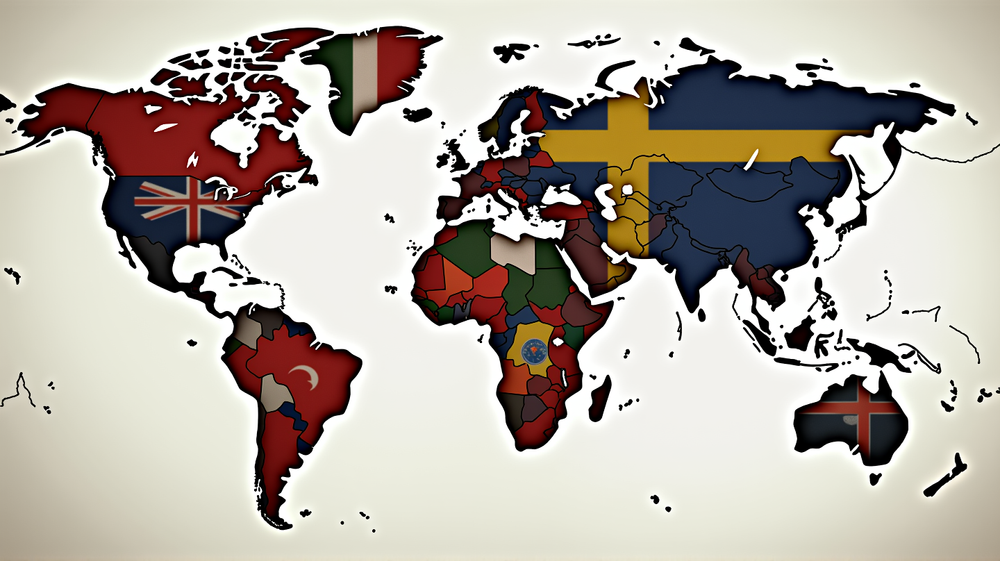Global Diplomacy Shifts: Adapting Beyond Trump's 'America First'
Navigating New Alliances
In an ever-evolving geopolitical landscape, nations across the globe are tactfully navigating beyond the United States’ ‘America First’ foreign policy. As President Donald Trump embarks on his second term, “America First” continues to remain unpopular outside U.S. borders. Countries are now taking strategic strides to forge new alliances and strengthen diplomatic relations, ensuring they are not solely reliant on the unpredictability of U.S. politics.
Embracing Strategic Autonomy
With Trump’s administration focusing on strategic autonomy and economic coercion, many countries are moving toward self-reliant strategies. Nations are ramping up regional trade agreements and bilateral deals to minimize dependency on American economic influence. Europe, for instance, is seen as a significant player, enhancing its own economic capabilities by fostering partnerships in Asia and Africa.
Economic Coercion: A Double-Edged Sword
Trump’s emphasis on economic coercion has prompted a mixed response worldwide. While some nations have no choice but to comply due to economic pressure, others are resisting by diversifying their markets. This diversification effort aims to mitigate economic vulnerabilities amid shifting U.S. policies.
As stated in Bloomberg.com, diplomatic circles are actively engaging in efforts to reassure stability in international trade and politics. This initiative is crucial in transitioning from a U.S.-centric global economy to a more balanced system.
Transactional Diplomacy Redefined
Transactional diplomacy, as championed by the Trump administration, is facing reevaluation. Countries are recognizing the necessity to maintain diplomatic negotiations that transcend purely transactional terms. This realization is steering nations towards a cooperative international order, where mutual interests and sustained partnerships are prioritized over short-term objectives.
Asia’s Pivotal Role
Asia stands out as a pivotal region in this realignment of global power dynamics. Key players like China, India, and the ASEAN nations are pursuing collaborative efforts that bolster economic ties within the region and beyond. The expansion of the Regional Comprehensive Economic Partnership (RCEP) illustrates Asia’s growing influence as it sets the stage to become an economic powerhouse in the post-‘America First’ era.
The Future of Multilateralism
While America continues its stance, the rest of the world remains determined to embrace multilateralism. This resurgence aims to foster cooperative strategies that ensure stability and growth on a global scale. The shift towards multilateral diplomacy marks an era where no single nation can dictate global policies, highlighting an interconnected world moving forward together.
The evolving landscape of international relations highlights the global ambition to balance power and mitigate risks associated with U.S. policies. As countries adapt and forge alliances, they pave the way for a more resilient and autonomous global community.




